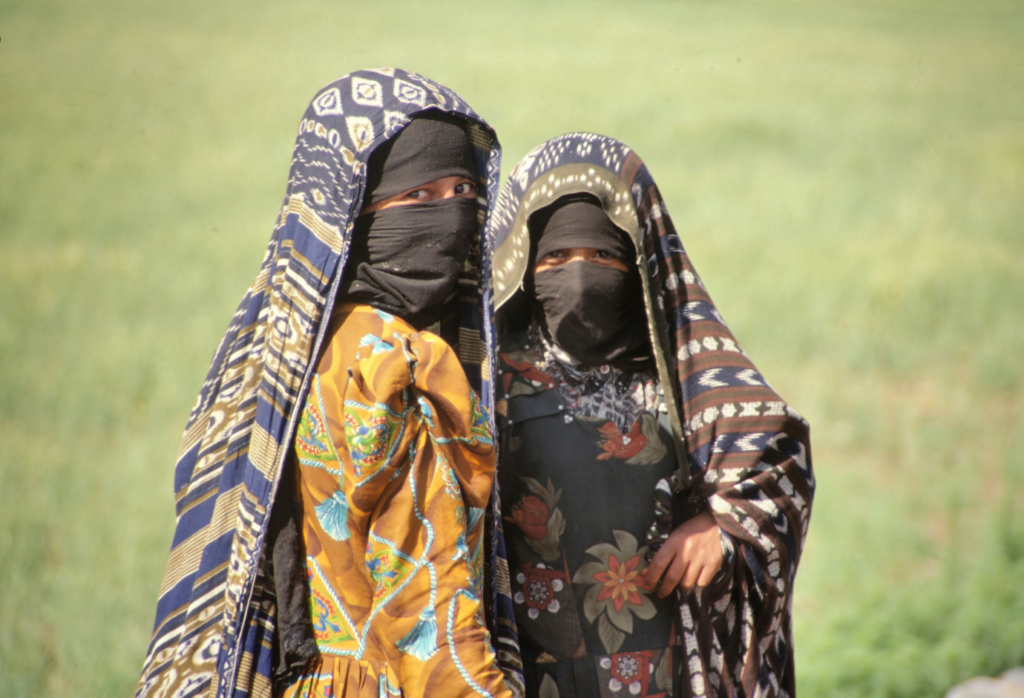In the past twelve months, the percentage of women killed in armed conflicts doubled, accounting for 40 per cent of all deaths in war, the latest findings from the UN Secretary-General’s annual report on women, peace, and security has uncovered.
The UN recorded over 33,000 civilian deaths in armed conflicts last year, constituting a 72 per cent increase compared with 2022. Seventy per cent of the UN-verified deaths occurred in the Occupied Palestinian Territory and Israel, which was the deadliest conflict for civilians in 2023.
According to UN Women, the lead agency on the report, conflict-related sexual violence against women also increased by 50 per cent. Most victims of sexual violence were unable to obtain the essential medical care they needed during the first 72 hours after being assaulted, including post-exposure prophylaxis or emergency contraception.
The report detailed the rise in death and violence as “taking place against a backdrop of increasing blatant disregard of international law designed to protect women and children during war.”
Women and girls in war-affected regions are also increasingly suffering from limited access to healthcare, including violations of reproductive health and rights. Roughly 52,000 pregnant women have been caught in the war in Gaza, with an estimated 180 daily deliveries where women go without access to anaesthetics for caesarean sections and without water, sanitation, nutrition or postpartum care.
Globally, five hundred women and girls in conflict-affected countries die everyday from complications related to pregnancy and childbirth — with data showing that up to 61 per cent of maternal mortality could have been prevented.
In the Sudan, where armed conflict erupted in April last year, 2.64 million women and girls of reproductive age now require urgent assistance, including 260,000 pregnant women.
In Yemen, women have little to no access to reproductive health services, including antenatal care, safe delivery, postnatal care, family planning and emergency obstetric and newborn care. In the first half of 2023, reproductive health available for women declined by 35 per cent, while postnatal care dropped by 22 per cent.
Sima Bahous, Executive Director of UN Women, said that women continue to pay the price of the wars of men.
“This is happening in the context of a larger war on women,” she said. “The deliberate targeting of women’s rights is not unique to conflict-affected countries but is even more lethal in those settings. We are witnessing the weaponisation of gender equality on many fronts, if we do not stand up and demand change, the consequences will be felt for decades, and peace will remain elusive.”
The report identified a lack of funding towards gender-based violence prevention and response programs as a key challenge in addressing these issues.
In 2023, global military expenditures reached a record $2.44 trillion. Meanwhile, funding for groups and initiatives that support women’s rights average 0.3 per cent of the total aid annually.
In fact, investments in gender-based violence prevention made up less than one per cent of all humanitarian expenditure. This, despite decades of studies which proved that when women are involved in the prevention and resolution of conflicts, peace agreements last longer and are better implemented.
In the water-scarce country of Yemen, women farmers have been involved in negotiations that have led to safer access to water sources for civilians. For example, the World Bank’s Emergency Crisis Response Project has provided closer access to clean water, and helped villages access vital reservoirs and water harvesting cisterns.
In Sudan, dozens of women-led initiatives including the Sudan Women’s Peace Dialogue are fighting for a more inclusive peace process. Unfortunately, many of these efforts go largely unsupported or unrecognised by international bodies in formal peace negotiations.
The latest UN report encompasses eight recommendations to facilitate women’s role in peace and security, including mounting an initial minimum target for women to be made up of one-third of participants in mediation and peace processes in order to reach parity with men.
According to the recommendations, only through bold political action and more funding will women’s equal and meaningful participation in peace and security become a reality.



